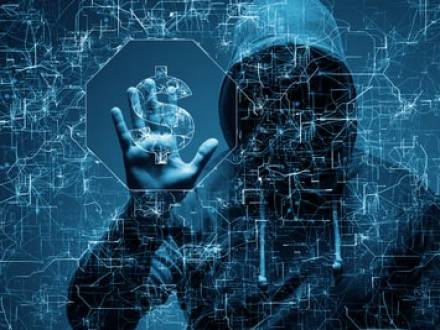What Are the Most Common Cybercrimes in Illinois?
 Large-scale computer breaches are on the rise, and individuals are also under threat from cybercrimes, including identity theft. Cybercrimes involve the use of a computer to commit the offense. For large corporations, it can take the average large company about 194 days to identify a computer breach and another 100 days to contain it.
Large-scale computer breaches are on the rise, and individuals are also under threat from cybercrimes, including identity theft. Cybercrimes involve the use of a computer to commit the offense. For large corporations, it can take the average large company about 194 days to identify a computer breach and another 100 days to contain it.
The likelihood of cybercrimes being prosecuted in the United States is only about 0.05 percent. This is despite the fact that in 2022, the FTC received more than 1.1 million reports of identity theft, and in 2023, there was a 72 percent increase in cybercrimes from 2021.
Because cybercrimes are so difficult to trace back to the culprit, in some cases, a person can end up charged with a cybercrime based on information he or she had no knowledge of that was taken from a computer that others had access to. The most common types of cybercrimes include:
- Possession and distribution of child pornography
- Cyberstalking
- Solicitation of a minor
- Identity theft
- Credit card fraud
- Mortgage fraud
- Healthcare fraud
- Cyberterrorism
- Money Laundering
- Hacking
- Cyberbullying
If you have been charged with a cybercrime, speaking to a knowledgeable Wheaton, IL, criminal defense attorney is important. Cybercrimes may be charged federally, which usually means harsher penalties in the event of a conviction.
Are Computer Crimes Federal or State?
In general, any crime that crosses a state line or occurs on federal property is prosecuted under federal law. Since cybercrimes involve interstate communication networks, many of those charged with cybercrimes are charged and prosecuted by the federal government.
Even when a cybercrime involves parties located in the state, using an interstate network can trigger federal jurisdiction. This means that many cybercrimes committed via a computer, smartphone, or other electronic device could be prosecuted federally.
Penalties for Cybercrime Convictions
Illinois penalties for cybercrimes can vary significantly, depending on the offense. As an example, child pornography is covered under 720 ILCS 5/1; a conviction for child pornography or online terrorism are both Class X felonies, with penalties from six to 30 years in prison. Online harassment and cyberstalking are covered under 720 ILCS 5/12.
Online harassment is a Class C misdemeanor which can result in up to 30 days in jail. Cyberstalking is a Class 4 felony, with penalties of one to three years in prison and fines as large as $25,000.
Identity theft laws are covered under 720 ILCS 5/16. Depending on the amount of money stolen, charges can range from a Class 1, 2, 3, or 4 felony to a Class X felony. Federal penalties are usually harsher.
Defenses to Illinois Cybercrimes
Prosecution for cybercrimes relies heavily on evidence obtained during an investigation. This evidence usually includes hardware, data storage devices, internet activity logs, and online time stamps.
While cybercrimes occur frequently, there is a high probability of false accusations and convictions, particularly for those whose workstation allows access for all employees or for personal computers in homes with multiple people.
In some cases, information can be placed on another’s computer remotely, with the computer's owner having no idea. While every situation is different, some of the most common defenses could include:
- Authorization or reasonable grounds to believe there was authorization to access a computer, computer system, or data.
- Authorization or reasonable grounds to believe there was authorization to copy or reproduce data or software.
- Lack of intent
- Mistaken identity
- Evidence was gathered in violation of the defendant’s rights
Contact a DuPage County, IL Defense Lawyer
If you have been charged with a cybercrime, you need a highly skilled Wheaton, IL cybercrimes attorney from Stephen A. Brundage to aggressively defend your charges. With more than 30 years of practicing law in the state, Attorney Brundage also has a law enforcement background as a police officer, evidence technician, instructor, and investigator. This background offers a significant advantage to his clients. Call 630-260-9647 today to schedule your free consultation.

 630-260-9647
630-260-9647




